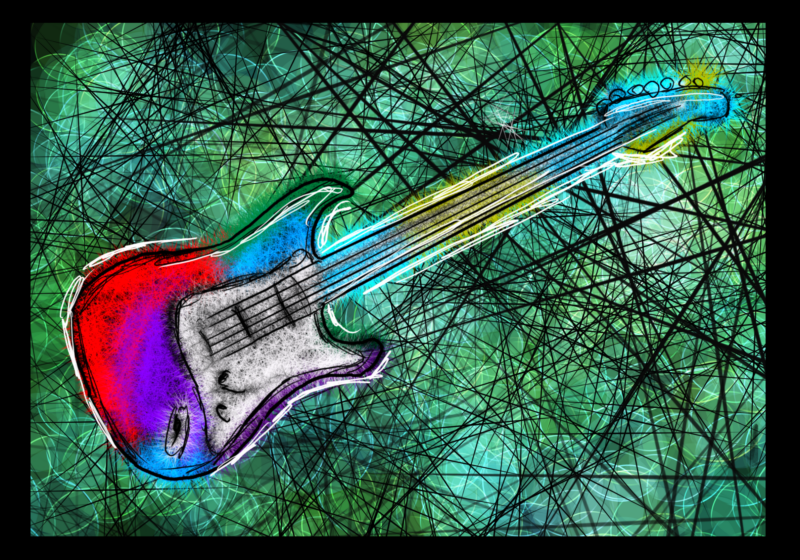Early on Saturday morning, sophomore Joshua Locker was found dead outside of de Kiewiet Tower, having committed suicide.
“The call came in at 6:19 a.m. Saturday morning from a student,” Director of UR Security Walter Mauldin said. “The first officer to respond was on the scene in two minutes, 9-1-1 was called immediately and within a few minutes the Rochester Police Department and Rural-Metro ambulance had arrived. It was determined almost immediately that the student had died.”
In the time that followed the call, Security, RPD, Rochester Fire Department, Rural-Metro ambulance and the Medical Examiner reported to the scene, as well as Residential Life, the Dean of Students Office, Assistant Director of Public Relations Helene Snihur, UHS Mental Health and local Residential Assistants.
According to Dean of Students Jody Asbury, there was initial uncertainty about how Locker had died, and RPD officers quickly went into students’ rooms in de Kiewiet to determine what had happened.
“We did not know with certainty where the student had come from exactly; we needed to get a sense of what had happened to make sure no one else was at risk,” Mauldin said. “As a result, several students were contacted very early Saturday morning.”
“As soon as we had clearance to proceed, we were in quick contact with his family,” Asbury said. “I spoke to the parents to give the news as did the Medical Examiner.”
Shortly after, the Dean of Students’ Office began the difficult task of informing other departments of the University.
“We have an intricate system of informing people around the institution,” Asbury said. “President Seligman was able to talk to his parents early that morning, and we talked to students immediately affected to give them support as well.”
Around 9 a.m., an e-mail went out informing students of the tragedy.
“We all walked away at 11:30 a.m. with plans for our own areas and reconvened later, after we had cultivated information about who he was closest with,” Asbury said. “We planned a group of meetings to reflect in the sanctuary of the Chapel, staffed by people from across the University.”
Four open community meetings were scheduled in the Sanctuary of the Interfaith Chapel, as well as one in de Kiewiet. UCC has attended the meetings and has also provided outreach when requested, such as in Hill Court on Tuesday night.
“We began to have an awful lot of conversations with people concerning the well-being of the students in the area and the staff who responded; we are working on the community piece of the tragedy,” Mauldin said.
Saturday evening Locker’s body was sent back to his family, who live in Chicago, and a funeral service was held in Chicago, on Sunday. Dean of the College Richard Feldman attended the ceremony.
UCC has increased its services to students to help the community with the tragedy.
“Since the recent suicide, we have broadened our outreach efforts, participating in working with various offices on campus to help support current students affected by this tragedy and also to help make sure that staff feel competent in assessing for signs of distress in students and how to refer to the UCC,” Director of UCC Lisa Willis said. “We have participated in dorm meetings as well as meetings at the chapel to provide support and guidance to students with concerns.”
According to Mauldin, UR provides excellent support services to students and, as a result, has seen very few suicides in recent years. The last student suicide was three years ago, and the last student suicide that occurred on the River Campus was over 10 years ago.
“We’re currently participating in suicide prevention research, not because we are a high risk school but because it is good research,” Asbury said. “We have found that we have an incredible amount of support services and are incredibly proactive in our support.”
This study, sponsored by the JED Foundation, is a multi-school project to study suicidality in college students.
“Through our work on this study we have participated in training for all clinical staff at the counseling center to better assess suicidality in college students,” Willis said. “We have also asked students earlier this year to participate in an online survey about self harm. Lastly, we have provided training for residential life staff and staff from other student activities offices.”
Locker was 21 years old and a sophomore at UR. He had recently returned to UR to study physics after spending a year working in Chicago.
“This is a tragic loss of one of our community,” Mauldin said. “If you are concerned about someone, about a friend, reach out to someone – supporting our students is a very important piece of what we do. No one should languish in quiet desperation – there is help available. In the end, we want everyone to have a fulfilling and satisfying life experience here.”
“Our message is, we’re a community,” Asbury said. “Students take special care of each other, reach out to support services and connect back with resources available for you here.”
Jarrett is a member of the class of 2009.





